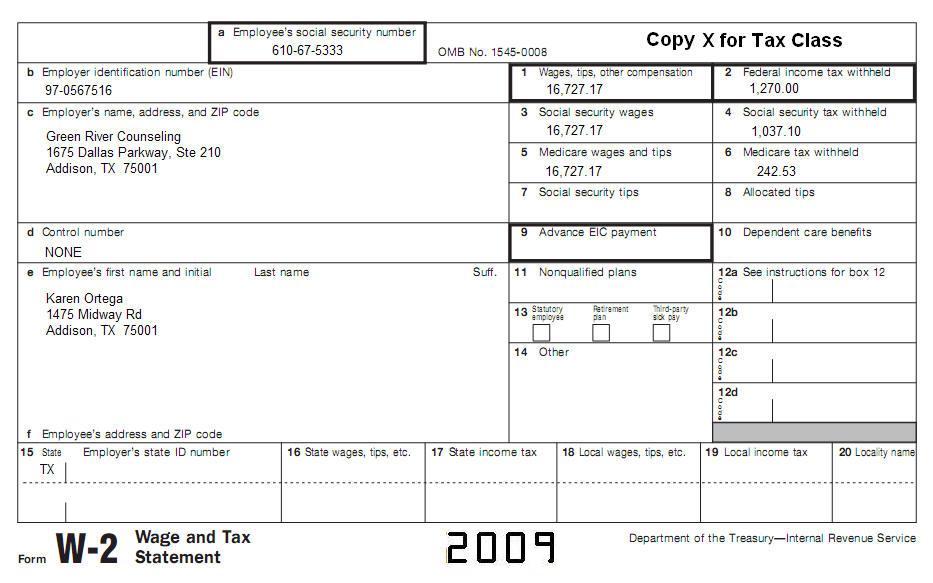|
|
||||||||||||||||
| Back to Tax School Homepage | ||||||||||||||||
|
Tax Topic 25 - Selling Your Home
In this topic your will become familiar with the rules that apply when you sell your main home. Your main home is the home lived in most of the time. You will learn the amount that you can exclude from income of the gain from the sale of your home. In addition, you will learn what to do when the sale cannot be excluded from income, in which case it becomes fully taxable. You will also learn what to do with a non-deductible loss of the sale of your home. Student Instructions:Print this page, work on the questions and then submit test by mailing the answer sheet or by completing quiz online. Instructions to submit quiz online successfully: Step-by-Step check list Answer Sheet Quiz Online Most forms are in Adobe Acrobat PDF format.
Material needed to complete the sections in this assignment:Use IRS Publication 523 and Form 1040 Instructions to complete this topic. Prepare Form 1040 and Schedule D. Karen (Age 24), a single person, bought her home February 23, 1998. She lived in the home until May 31, 2007, when she moved out of the house and put it up for rent. Karen rented out her home until May 31, 2008. That's when she moved back into the house and lived there until she sold it on January 10, 2009. Karen wants to exclude all of the gain from the sale of her home.
Karen's W-2 shows her current address information.
|
||||||||||||||||
| Back to Tax School Homepage |

